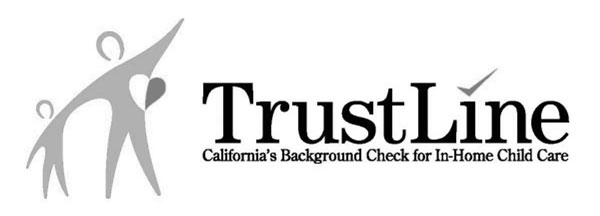One of the biggest learning curves as a new parent is understanding how to read your newborn’s cues for what they need. Whether it’s deciphering their cries between hunger and fatigue, or simply recognizing what their facial and hand movements mean, there is a lot to learn in those first few weeks and months. Here are some tips on how to understand your when your baby is hungry.
Hand movements
babies that are hungry or starting to get hungry, might try to get their hands inside their mouths. This can be hard for them at first, but as they get older, you might notice them moving their hands more and more toward their mouth, while making a sucking noise or motion.
Searching for the breast or bottle
Your baby may move their head back and forth, opening their mouth, which may indicate that they are looking for a feeding source in the form of a bottle or breast. Sometimes they will stick out their tongue or make little smacking noises, too.
Crying
This probably means that your baby is already hungry, and you should feed them as soon as possible. Crying doesn’t always indicate hunger, however. It could also mean the baby is tired, their diaper is uncomfortable, or they have a gas bubble. It could also mean they need to be held or something else is uncomfortable. If you respond in a timely way by holding them close with a soothing sound or rocking motion, chances are the crying will calm down.
When your baby is full, they may fall asleep, turn away from the breast or bottle or simply stop sucking. When this happens, sit the baby up and burp them, and allow their meal to digest.
Sometimes it can feel frustrating trying to understand what your baby is trying to say. So, keep in mind that learning how your baby communicates takes time and patience. If you need a break, ask for help from a family member or friend. Remember that this stage is temporary, and you’ll soon have a rhythm that works.
If you need an extra hand, consider hiring a newborn care specialist that can help. These specially trained nannies love babies, have additional training or certification in the newborn stage of life, and can often provide not just help – but tips and tricks on how to navigate your new life as a parent of a newborn. Call us today to learn more about hiring a newborn care specialist to work in your home.







